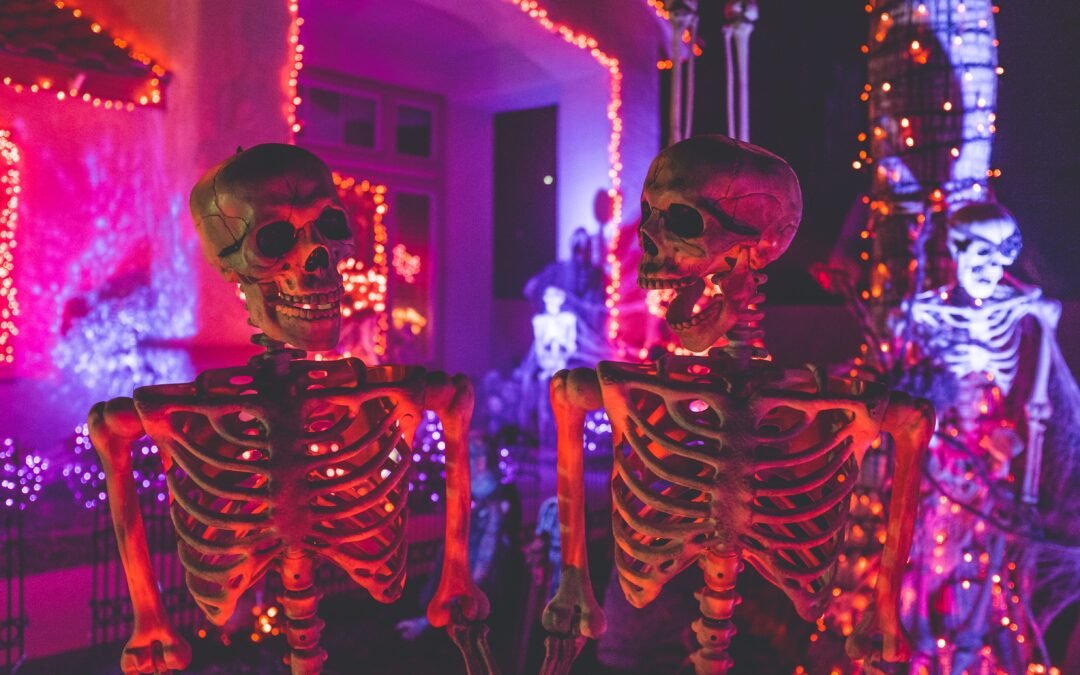As the leaves turn and the nights grow longer, Halloween brings with it a curious blend of frightful delight. Behind the masks and spooky tales lies a deeper connection to our evolutionary past. In this article, we will delve into the primal instincts that shape our enjoyment of scary situations. By tapping into our ancestors’ survival instincts, Halloween offers a thrilling experience that connects us with ancient fears and the resilience that helped us thrive.
Survival Instincts and Fear:
Fear is a fundamental survival mechanism deeply embedded in our genetic makeup. It served our ancestors well, alerting them to potential dangers and triggering the “fight or flight” response. This innate ability to recognize threats played a crucial role in their survival.
Primal Fears:
Certain fears are rooted in primal instincts that have been honed over millennia. The fear of darkness, for example, is tied to our ancestors’ vulnerability to nocturnal predators. Similarly, the fear of heights stems from the risk of falling and injury. These instincts, once crucial for survival, now find expression in our enjoyment of spooky experiences.
The Thrill of Controlled Fear:
Engaging with fear in a controlled environment, such as during Halloween festivities, allows us to tap into these primal instincts in a safe and enjoyable way. It provides a unique opportunity to experience the rush of adrenaline and heightened senses, evoking a sense of vitality and aliveness.
The Catharsis of Fear:
Experiencing fear within a controlled context can also serve a cathartic purpose. It allows us to confront and process our fears in a safe setting, providing a sense of mastery over our anxieties. This catharsis can be deeply empowering and contribute to our overall sense of well-being.
Community and Connection:
The shared experience of fear during Halloween fosters a sense of community and camaraderie. Coming together to face common fears creates bonds and strengthens social connections. It’s a celebration of our shared humanity and the resilience that has been passed down through generations.
Halloween’s ability to evoke fear and excitement is rooted in our evolutionary heritage. By tapping into our ancestors’ survival instincts, we find enjoyment in controlled fright. It offers a unique opportunity to connect with ancient fears and the resilience that allowed our forebears to thrive. As we embrace the thrills of Halloween, we honor the enduring spirit that has been passed down through the ages, celebrating our shared human experience

